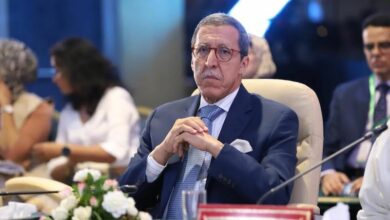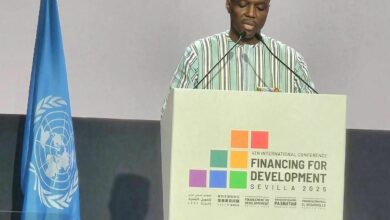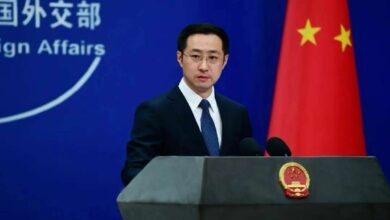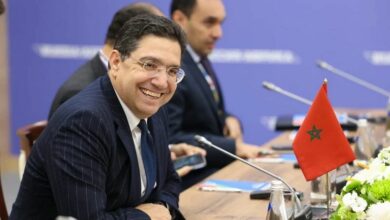After Eight Months of Political Stalemate… Bart De Wever Becomes Prime Minister of Belgium
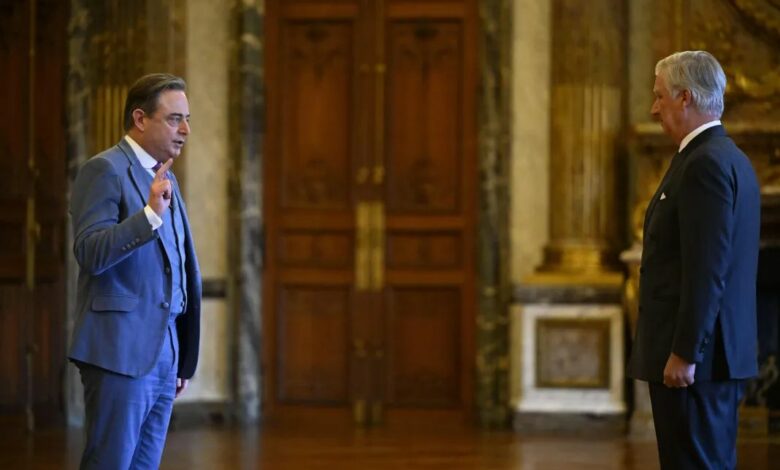
ALDAR/
Belgium has experienced a significant political shift with Bart De Wever assuming the position of Prime Minister. After eight months of political deadlock, De Wever took the oath of office before King Philippe of Belgium, bringing an end to the government crisis that had plagued the country. This appointment marks the beginning of a new phase in Belgian politics, with De Wever, the Flemish leader known for his controversial views, taking the helm of the government.
Bart De Wever is the leader of the N-VA (New Flemish Alliance), a party that advocates for Flemish independence from the rest of Belgium. His political rhetoric revolves around strengthening Flemish identity, and he has previously called for the division of Belgium into two independent states. His rise to the office of Prime Minister is seen as a significant step toward realizing this ambition, potentially reshaping the political and social landscape of Belgium in the coming years.
In addition to his separatist stance, De Wever is known for his strong opposition to the cultural phenomenon of “wokeism,” which he views as a threat to traditional values. He believes that this culture poses a danger to the fundamental principles of European societies and calls for a rebalancing between modernity and adherence to traditional values. In a time when Belgium is experiencing an increase in left-wing influences, his opposition to this phenomenon is a key element of his popularity among a broad segment of Belgian society.
Belgium has undergone a prolonged political crisis, struggling to form a new government. After months of negotiations, Bart De Wever was chosen as the candidate who could satisfy all political factions, highlighting the tensions between the Flemish and Francophone communities in the country. Given the complex political situation, De Wever’s appointment represents a step toward reshaping Belgian politics, with a special focus on decentralization and managing the country’s cultural and linguistic differences.

